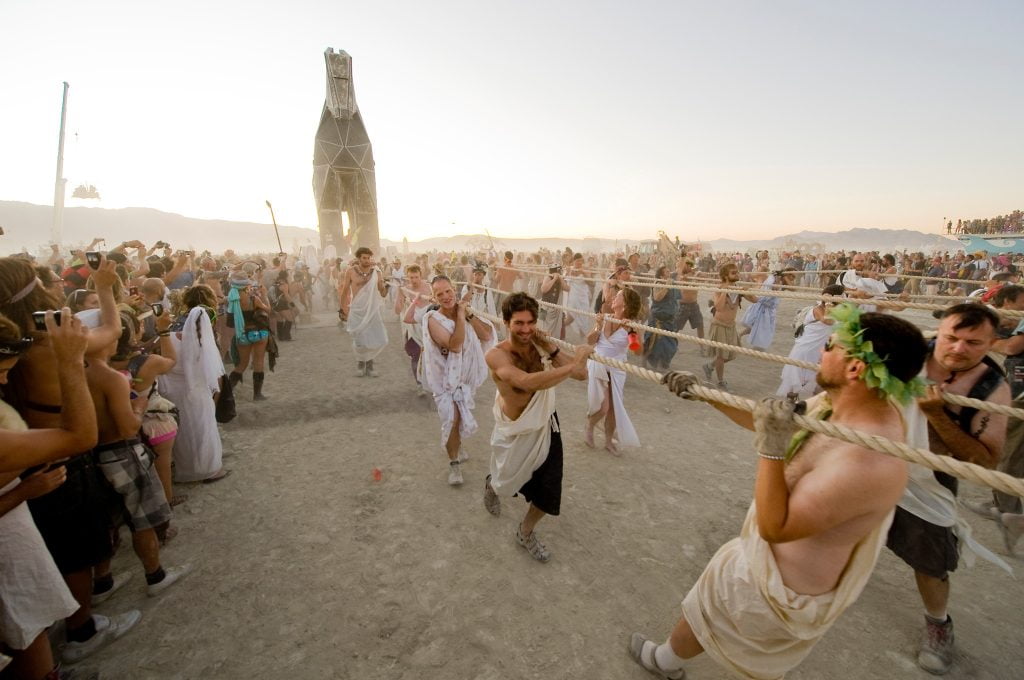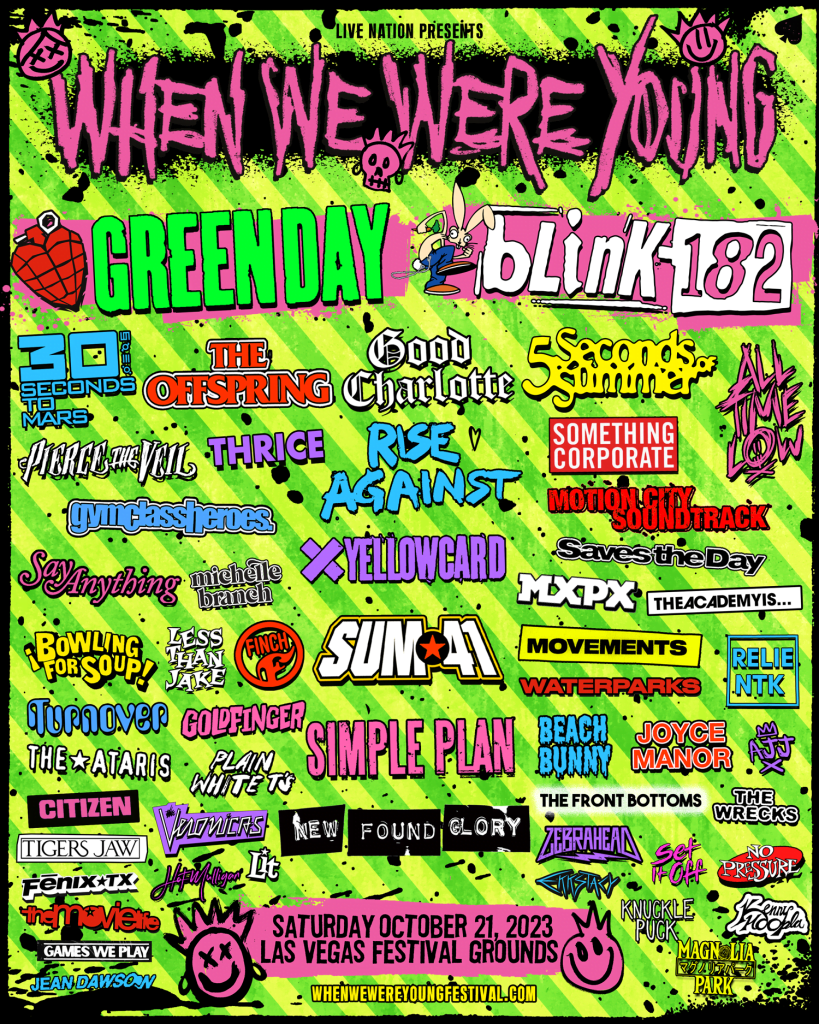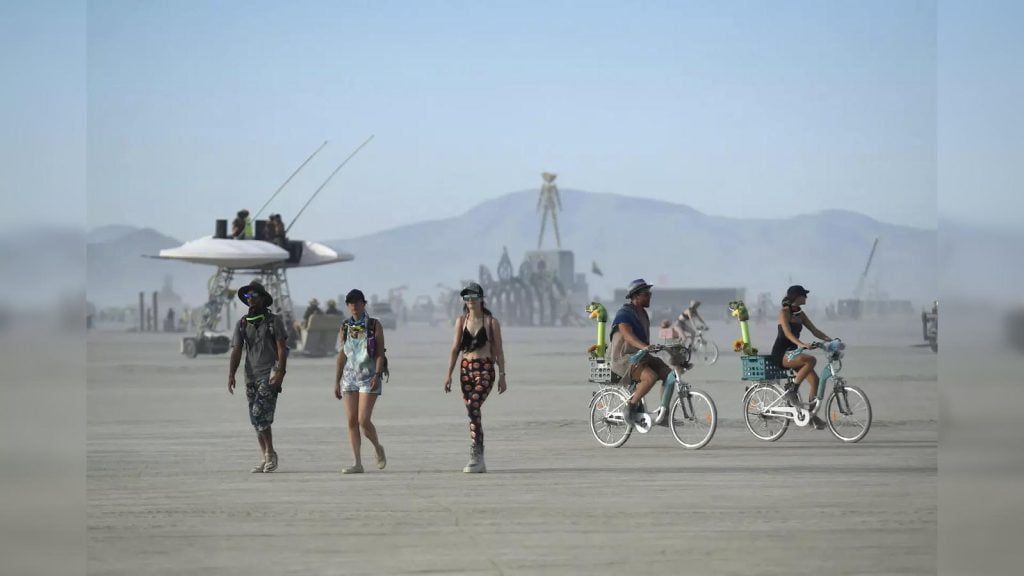When was Woodstock Music Festival? A question that takes us on a mesmerizing trip down memory lane. The iconic Woodstock Music Festival, a symbol of the 1960s counterculture, took place from August 15 to 18, 1969. This historic event not only showcased legendary performances by artists like Jimi Hendrix and Janis Joplin but also became a pivotal moment in music history. The festival gathered hundreds of thousands of attendees, creating an atmosphere of peace, music, and love amidst the turbulent times of the era. Join us as we delve into the past and relive the magic of Woodstock, understanding its impact on music and society.
Introduction to Woodstock Music Festival
The Woodstock Music Festival was a historic event that took place in 1969 in Bethel, New York. This iconic festival is often regarded as a pivotal moment in music history, symbolizing the counterculture movement of the 1960s. Featuring legendary performances by artists like Jimi Hendrix, Janis Joplin, The Who, and many more, Woodstock became synonymous with peace, love, and music.
Historical Significance
The Woodstock Music Festival marked a shift in the cultural landscape, bringing together over 400,000 people for a weekend of music, art, and unity. It became a symbol of the ideals of the hippie movement, promoting peace, love, and harmony in a time of social and political unrest.
The festival not only showcased some of the greatest musical talents of the era but also served as a platform for social activism and expression.
Key Performances
Among the standout performances at Woodstock was Jimi Hendrix’s electrifying rendition of “The Star-Spangled Banner,” which has since become legendary for its raw emotion and powerful statement against the backdrop of the Vietnam War.
Janis Joplin’s soul-stirring performance and Joe Cocker’s soulful rendition of “With a Little Help from My Friends” are also etched in the annals of music history.
- Jimi Hendrix’s iconic performance
- Janis Joplin’s soul-stirring songs
- Joe Cocker’s soulful rendition

Historical Background of Woodstock
Woodstock Music & Art Fair, famously known as Woodstock, was a pivotal moment in music history. The festival took place in Bethel, New York, from August 15 to 18 in 1969.
The Origin of Woodstock
The idea for Woodstock was conceived by four young men: John Roberts, Joel Rosenman, Artie Kornfeld, and Mike Lang. They envisioned a music festival different from any that had come before.
The festival was planned to be a profit-making venture to fund a recording studio in Woodstock, New York, but it soon grew into something much more significant.
Counterculture Movement
Woodstock became a symbol of the counterculture movement of the 1960s, representing peace, love, and music. It attracted over 400,000 attendees, far exceeding the organizers’ expectations.
The festival featured legendary performances from artists like Jimi Hendrix, Janis Joplin, The Who, and many more, solidifying its place in music history.
Key Events at Woodstock Festival
Woodstock Music Festival, a hallmark event in music history, took place from August 15 to 18, 1969, attracting over 400,000 attendees. Several key events unfolded during this iconic festival that defined a generation.
Rich Lineup of Artists
The festival featured legendary artists like Jimi Hendrix, Janis Joplin, The Who, and The Grateful Dead. Their electrifying performances captivated the audience and left an indelible mark on music history.
Artists embraced the spirit of Woodstock, spreading messages of peace, love, and unity through their music. The diverse lineup represented various music genres, resonating with a wide range of attendees.
Countercultural Movement
Woodstock became a symbol of the countercultural movement of the 1960s. Attendees, known as “Woodstock Nation,” embraced the values of anti-war activism, environmentalism, and social equality.
The festival showcased a sense of community and togetherness, with attendees sharing food, shelter, and a sense of camaraderie despite the logistical challenges faced during the event.
Impact of Woodstock on Music and Culture
Woodstock Music Festival held in 1969 is still considered a pivotal moment in music history, influencing both musical trends and cultural movements for decades to come. It represented an era of freedom, peace, and unity, mirroring the sentiments of the late 1960s. The festival showcased legendary performances by artists such as Jimi Hendrix, Janis Joplin, and The Who, cementing their places in musical folklore.
Revolutionizing Music Festivals
The scale and scope of Woodstock set a new standard for music festivals, leading to the rise of large-scale outdoor events that emphasized communal experiences and countercultural values. Woodstock shaped the template for modern music festivals.
Cultural Legacy
The festival’s legacy transcended music, leaving a lasting impact on society. It symbolized the power of music in fostering social change and promoting unity in diversity. Woodstock became a cultural touchstone for the hippie movement and a symbol of a generation yearning for peace and social justice.
- Woodstock promoted environmental awareness and sustainability practices.
- It showcased the potential of music as a catalyst for social movements.
Legacy of Woodstock Music Festival
Woodstock Music Festival, a legendary event held in 1969 in Bethel, New York, remains a defining moment in music history. The festival, which took place from August 15 to 18, brought together hundreds of thousands of people to celebrate peace, love, and music amidst the turbulent times of the late 1960s.
The Iconic Performances
Some of the most iconic performances at Woodstock included sets by legendary artists such as Jimi Hendrix, Janis Joplin, The Who, and Joe Cocker. These performances not only showcased the musical talents of the era but also captured the essence of the counterculture movement.
One of the most memorable moments was Jimi Hendrix’s electrifying rendition of the national anthem, a performance that has since become synonymous with the spirit of Woodstock.
Cultural Impact
The Woodstock Music Festival became a symbol of the hippie movement, advocating for peace, love, and unity. It inspired a generation to come together and stand up for their beliefs, marking a significant cultural shift in society.
- Woodstock showcased the power of music in bringing people together
- Woodstock promoted a message of peace and unity during a turbulent time
- Woodstock celebrated the diversity of music and culture
Frequently Asked Questions
- What year was the Woodstock Music Festival held?
- The Woodstock Music Festival took place in 1969.
- Where did the Woodstock Music Festival take place?
- The Woodstock Music Festival was held in Bethel, New York, on a dairy farm owned by Max Yasgur.
- How many people attended the Woodstock Music Festival?
- It is estimated that around 400,000 people attended the Woodstock Music Festival.
- What was the significance of the Woodstock Music Festival?
- Woodstock is considered a pivotal moment in music history and a symbol of the counterculture movement of the 1960s.
- What famous artists performed at Woodstock?
- Some of the iconic artists who performed at Woodstock include Jimi Hendrix, Janis Joplin, The Who, and Grateful Dead.
Final Thoughts: Reflecting on the Iconic Woodstock Music Festival
As we journeyed through the history of the Woodstock Music Festival, we unearthed the tumultuous yet transformative era of the 1960s. The iconic event, which took place from August 15 to 18, 1969, continues to hold a special place in the hearts of many, symbolizing peace, love, and music.
Looking back on the festival, we are reminded of the power of music to unite generations and ignite social change. The spirit of Woodstock lives on, inspiring future generations to seek harmony and connection through music and community.
It is crucial to remember the messages of Woodstock – unity, activism, and creativity – as we navigate our modern world, striving to create a more harmonious and inclusive society. The legacy of Woodstock serves as a beacon of hope, urging us to embrace diversity and celebrate our shared humanity.




